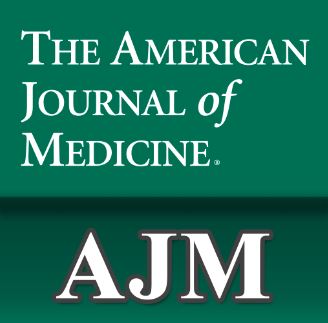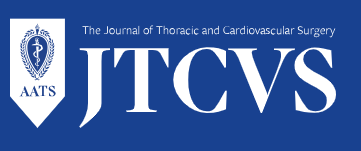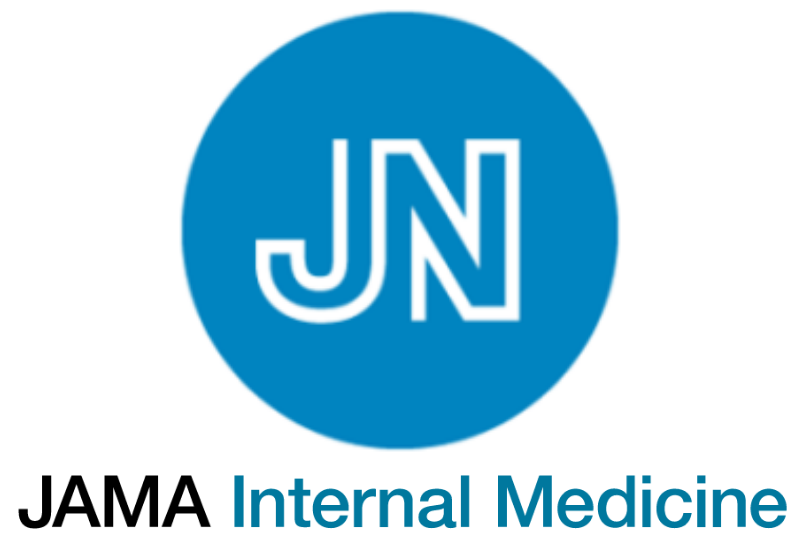Publications
-

First, Do No Harm. Second, Measure It.Opens in a new window
Aug 1, 2024A recent editorial penned by Madeline Higgins, MD and IHQSE director Jeff Glasheen, MD and IHQSE faculty member Sarah Tevis, MD explores the challenges with current patient safety data. Despite advances in medical care, patient safety remains a critical area of focus within healthcare given that many patients continue to experience harm. While patient safety has gradually improved over time, progress is limited by outdated data models that prevent measurement of the true burden of harm, and therefore reduces our ability to understand ongoing drivers and develop innovative solutions to improving patient safety. The authors call for a change in how we measure and track data related to patient safety.Opens in a new window Full story -

Fast Track Improves Patient Flow and Wait Times in the Pediatric Urgent CareOpens in a new window
Jun 27, 2024IHQSE faculty member Dr. Sandra Spencer and a team quality improvement experts at Children’s Hospital Colorado developed a novel fast-track model, typically seen in emergency departments, and implemented it in urgent care. The initiative resulted in a 74% reduction in door-to-provider time and 36% reduction in urgent care length of stay. The fast-track process also continued to function and reduce door-to-provider and urgent care length of stay times during a large volume surge. Improvements in these metrics for higher acuity patients in the co-located emergency department were also observed. The results of this QI project suggest that a FT model can improve efficiency in an appropriately selected UC setting.Opens in a new window Full story -

Perioperative Hypothermia in Robotic-Assisted Thoracic SurgeryOpens in a new window
Jun 1, 2024Two IHQSE grantees, Drs. Christina Stuart and Robert Meguid, recently published findings of a retrospective cohort study evaluating the incidence and consequences of incidental perioperative hypothermia exposure in the thoracic surgery population. They found that more than 90% of patients undergoing robotic-assisted thoracic surgery lung resections experience some degree of inadvertent perioperative hypothermia and that patients that developed hypothermia had associated increased rates of 30-day morbidity and infectious complications. Based on these data, Drs. Stuart and Meguid were awarded an IHQSE Clinical Effectiveness and Patient Safety grant to study structured and interval-specific interventions aimed at decreasing rates of inadvertent perioperative hypothermia and subsequent complications. This interventional study concluded in June of 2024 and the results are being analyzed.Opens in a new window Full story -

Demystifying Performance Measures for Hospitalists: HCAHPSOpens in a new window
May 1, 2024The Hospital Consumer Assessment of Healthcare Providers and Systems (HCAHPS) survey is used to compare performance on patient experience metrics across hospitals, but its impact on patient outcomes as well as its utility as an incentive metric for providers remains unclear. In this article for the Hospitalist, members of the Society of Hospital Medicine Performance Reporting and Measurement Committee, including IHQSE faculty member Anunta Virapongse, MD, MPH discuss the pros and cons of using HCAHPS as a metric for measuring performance in hospitalist programs.Opens in a new window Full story -

IHQSE Faculty Members Address Connection Between Cognitive Load and Diagnostic ErrorsOpens in a new window
May 1, 2024Diagnostic error may result in serious harm for more than 500,000 patients and contribute to an estimated 10% of all patient deaths. Understanding diagnostic accuracy is crucial for improving patient outcomes and ensuring effective healthcare delivery. IHQSE Faculty, Drs. Michelle Knees and Katie Raffel, along with colleagues from the University of Colorado Division of Hospital Medicine, recently published an AHRQ Issue Brief aimed at furthering efforts to enhance diagnostic accuracy. The brief reviews a substantial body of literature on the impact of cognitive load on diagnostic accuracy, identifies areas for future research, and provides recommendations for integrating existing knowledge into current practice.Opens in a new window Full story -

Closing the Gap on Diagnostic DisparitiesOpens in a new window
Apr 23, 2024An estimated 800,000 patients each year experience serious harm because of a delayed, missed or incorrect diagnosis, many of which disproportionately affect patients of marginalized populations. IHQSE Faculty Dr. Katie Raffel, along with fellow diagnostic error experts, penned a perspective piece in the Journal of Hospital Medicine aimed creating a framework for understanding and evaluating inequity within hospital-based diagnosis and describing key strategies for beginning the work to achieve equity within diagnosis.Opens in a new window Full story -

Reducing Overuse of Diagnostic Testing in Pediatric HealthcareOpens in a new window
Apr 21, 2024IHQSE faculty, Dr. Michael Tchou, is lead author on a research article published in Journal of Hospital Medicine. The study examines rates of overuse of diagnostic testing in pediatric hospital settings and its ripple effect of negative impacts on both providers and patients.Opens in a new window Full story -

Applying an Equity Lens to Hospital-based Diagnostic ErrorOpens in a new window
Apr 15, 2024IHQSE faculty member, Dr. Katie Raffel, along with Dr. Katie Brooks and the UPSIDE research team, recently published findings from a multicenter retrospective cohort study evaluating the association between use of stigmatizing language and diagnostic error. The prevalence of stigmatizing language was higher among patients with diagnostic errors than those without. Use of this language was associated with delays in care at presentation and errors in communication with patients and caregivers. This raises the question of whether stigmatizing language may be indicative of clinician biases that interfere with data gathering, communication, and clinical reasoning.Opens in a new window Full story -

IHQSE Faculty Member Highlights Prevalence of Diagnostic Error in New StudyOpens in a new window
Jan 8, 2024Diagnostic error is common, morbid, and mortal. IHQSE faculty member, Dr. Katie Raffel, along with Dr. Andrew Auerbach and other experts on diagnostic error, recently published findings from a multicenter retrospective cohort study in which 2500 hospitalized adults who experienced ICU escalation or death were evaluated for diagnostic error. This study adds to a body of literature highlighting the importance of diagnostic safety within hospital medicine.Opens in a new window Full story -

Redesigning the First Prenatal Visit: A Quality Improvement InitiativeOpens in a new window
Dec 6, 2023Faced with rising maternal mortality, the first prenatal visit is essential but, in many cases, important topics are missed. An IHQSE small grant supported the redesign of the first visit, dividing it into a nurse-led telemedicine visit and an in-person visit with an obstetric clinician. Clinic no-shows dropped (9.9%-4.2%), the topics covered in the first prenatal visit increased (70.0%-95.6%), and improvements were observed for all key themes.Opens in a new window Full story